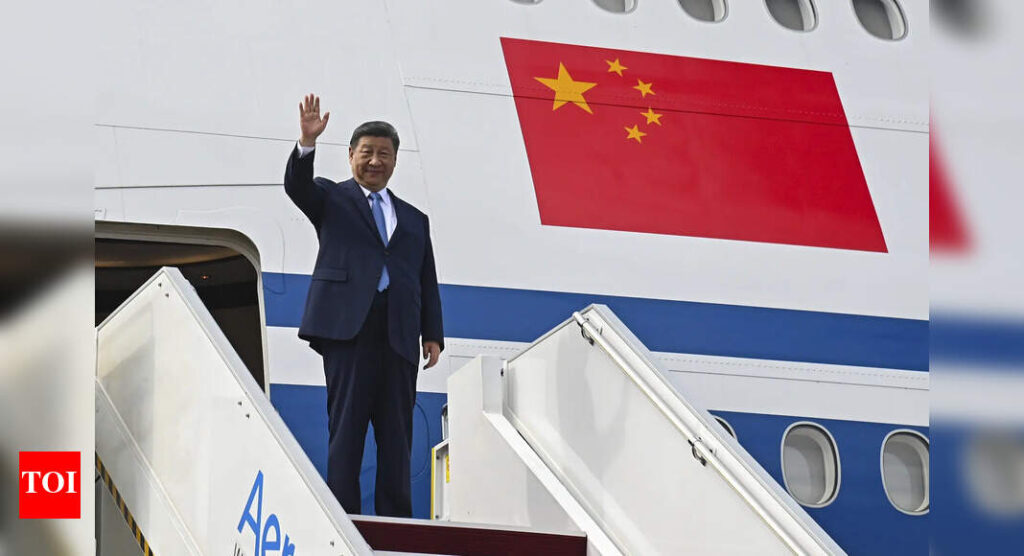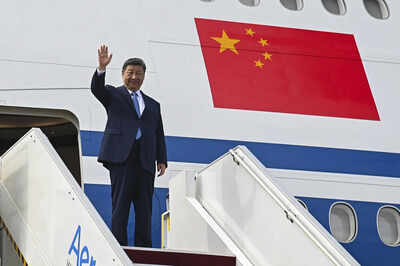Why Chinese government is upset with China’s version of Blinkit, Swiggy, Zepto and other quick commerce companies

China is seeing a fierce ecommerce war. While the players are largely same — Alibaba, JD.com, and Meituan –, the setting this time is different. It is led by Quick Commerce players. This means China’s version of Blinkit, Swiggy, Zepto and other quick commerce companies. As a result, China’s e-commerce giants, including Alibaba, JD.com, and Meituan, are locked in an unprecedented “instant retail” price war, which they view as crucial for their future despite government warnings. The fierce competition, offering delivery in as little as 30 minutes, has prompted authorities to express concern that the aggressive price-cutting could exacerbate deflationary pressures in an already fragile economy.According to a report in Reuters, the platforms have collectively poured nearly 200 billion yuan ($28 billion) into subsidies for one-hour delivery in recent months, leading to extreme scenarios where customers receive items like beverages for free. This strategy has not gone unnoticed by regulators. The State Administration of Market Regulation, a government body, recently summoned the three companies for the second time, urging them to engage in “rational competition,” according to a source familiar with the matter.Ecommerce companies see the model as “life or death” struggle“It’s really a battle that takes place now but is much more related to the expectations for five to 10 years down the road,” told tech analyst Ed Sander of Tech Buzz China to Reuters. He explained that platforms view this as a “life or death” struggle, believing that instant retail, with the help of AI and automated warehouses, will eventually become so profitable that it will cannibalize conventional e-commerce.The extent of the price war is evident in promotions like coupons from Alibaba that cover the entire cost of a delivered breakfast or free tea from Meituan. JD Takeaway has also offered 10 yuan coupons on orders as small as 11 yuan.
China government says price war creates no winners
The regulatory pushback is unusual in its lack of effect, given that Chinese authorities typically take a firm-handed approach to market practices they deem unhealthy. A recent editorial from state media agency Xinhua was unequivocal, stating that these “zero yuan purchases” create a “bubble market” with no real winners.The price war is unfolding against a backdrop of economic slowdown, with retail sales growth dipping and economists at ANZ estimating a 0.1% decline in the consumer price index this year. Professor Bala Ramasamy of the China Europe International Business School told Reuters that “a price war is never in the interest of businesses” and that the “unrealistic and at times toxic” level of competition necessitates government intervention for the “greater good.”Unlike price wars in sectors like electric vehicles, which were driven by overcapacity, the instant retail battle appears to be a direct response to a post-pandemic consumer spending slowdown. The instant retail sector is growing 2.5 times faster than traditional e-commerce and is projected to exceed 2 trillion yuan in sales by 2030, according to data from the Chinese Academy of International Trade and Economic Cooperation. While consumers benefit from the low prices, merchants are reportedly complaining that the price wars are eliminating profit margins.







